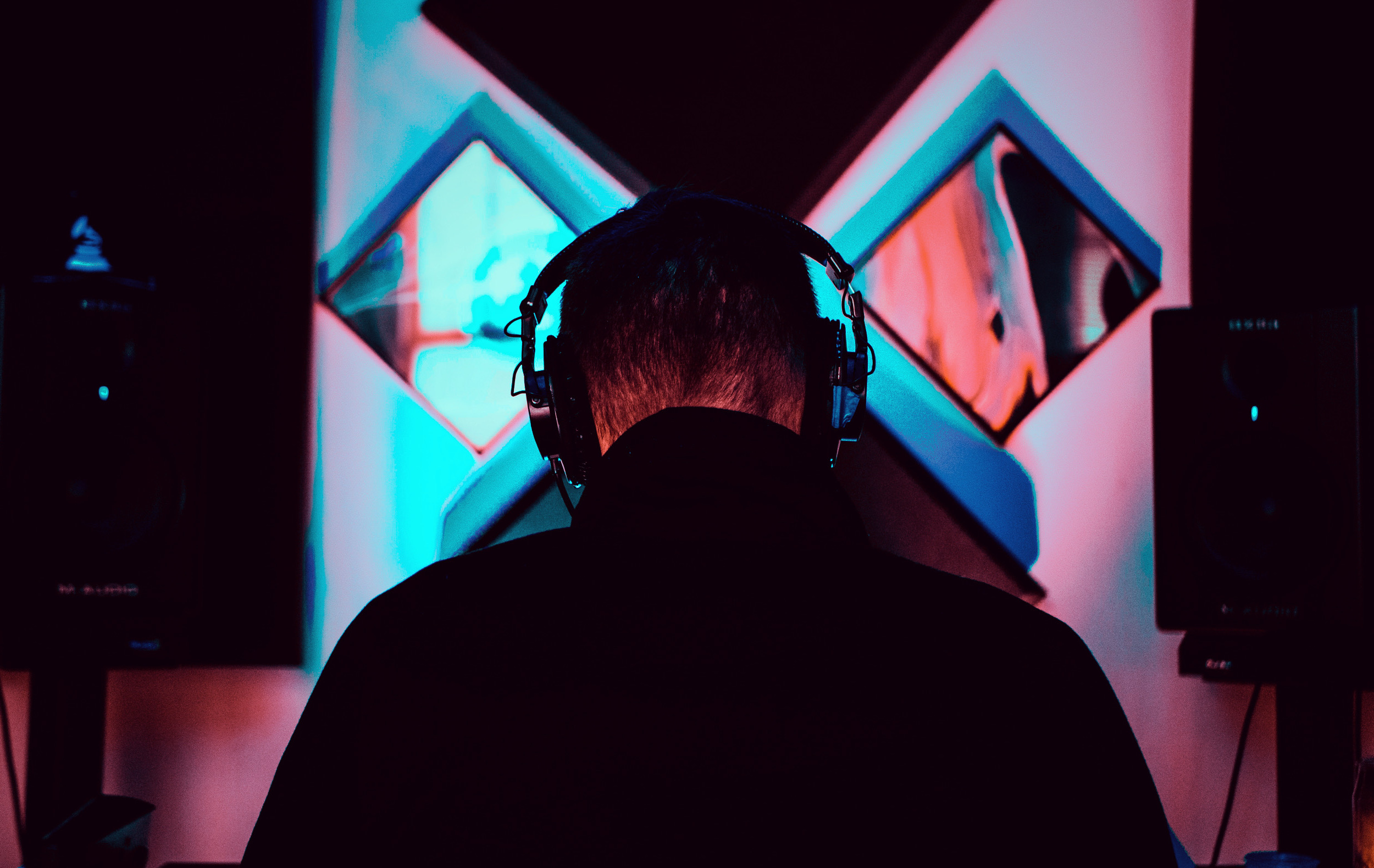It’s a beautiful feeling when a song “hits your chord”. You belt out the lyrics as if they were written about you. Your entire body reacts as if the groove is coded in your DNA. What if every song you listened to had that effect? This is the goal of Adaptive Music.
Adaptive music is designed to reflect the current situation of the listener. It’s a soundtrack that is crafted real-time to help you relax when you’re anxious, get energy when you’re feeling lethargic, focus when you’re distracted, and so much more.
Adaptive music listens to you.
What is Adaptive Music?
We all know a version of adaptive music from movies. The main character, although they cannot hear it, is amidst an adaptive soundtrack that heightens the emotion of their situation.
Think of the uptempo orchestra that builds anticipation as Maximus enters the Coliseum in Gladiator. Or the church organs that create an ominous rise as Michael Corleone’s henchmen carry out hits against all the other mob families in The Godfather.
This music is pre-planned, obviously, which doesn’t make it adaptive music. But the idea is similar – music that reflects the current situation.
In video games, though, we get much closer to truly adaptive music where the volume, rhythm, or tune changes in the background based on the user making certain moves in the game.
Games as early as Frogger used adaptive soundtracks to signify important milestones in gameplay, like achieving a new checkpoint.
The newest sensation in gaming, Untitled Goose Game, has received a lot of attention for their use of adaptive music.
One of the highlights of Untitled Goose Game, the “slapstick-stealth-sandbox” game in which you play a terrible goose wreaking havoc, is the adaptive soundtrack of Debussy’s Preludes.
Dami Lee, The Verge
The playful piano music almost provides a kind of insight into the goose’s mind — the melody plays in quiet, short bursts when it’s up to no good, creeping up on its next victim. When the goose is in full chaos mode, waddling away from the gardener who just wants his keys back, the piano tune plays out in full, encouraging the player to keep up the shenanigans.
This made me wonder if adaptive music could be applied outside of entertainment. Could it elevate our everyday life – making us feel more alive!
The Soundtrack to Your Life
When it comes to leisure listening, today we choose our music by picking songs. Tomorrow, we’ll choose our music by picking moods and activities.
Endel is an app that generates music around the mood you’re feeling (or want to achieve), such as focus, relaxation, or sleep. Their sounds adapt to different inputs – like time of day, weather, heart rate, and location.
Another company, with a slightly different approach is Weav. They create adaptive music based on a given activity. Forbes called them “The Startup Syncing Music To Running, Skiing And – Yes – Sex”. Currently, they have Weav Run which matches a song’s beat to your stride. Speed up and the beat speeds up. Visa versa if you slow down.
Imagine if these applications could further tap into other biometrics, your conversations, and emotions:
- Dinner party soundtrack that recognizes the lulls in conversation and gently brings up the tempo or volume to eliminate the awkward moments. Conversely, the music settles in when the party is in full swing, so that the music doesn’t add to the noise.
- Driving soundtrack that recognizes your pace and driving actions to help you settle down when you’re experiencing road-rage or risky driving behaviors.
A work soundtrack, shower-wake-up soundtrack, think of any situation in your life where you fill the void with music and there’s an opportunity there for adaptive music.
Honestly, wouldn’t it be glorious if the moment you finished a tough conversation with a friend or associate, your adaptive music generator played an uplifting anthem to reward your courage?
Even non-music people should be able to recognize the power of this. We’d never have to add songs to the queue every few minutes or choose playlists that rarely fit the moment.
How do we get there?
A Few Necessary Pieces
The above apps are great starts to this wide world of adaptive music. However, there must be more technology involved in order for adaptive music to deliver on this grand vision.
The personalized element would require some level of emotion monitoring that could detect the state or mood we’re in. Likewise, the data around musical tastes would need to be present in order to get the sounds right for a given person. As well as a means of tracking all of the user’s “signals” real-time to adapt the music.
To satisfy the massive variations, adaptive music will mostly need to be AI-generated.
Companies like Amper and AIVA presumably create an endless amount of adaptive music across many different genres, emotions, etc. Likewise, for people who exclusively listen to the piano, DeepJ’s AI-composed piano music in real time could make an ideal evolution into adaptive music. Of which I could see other instrument-specific adaptive music generators following suit.
I’m not sure, technologically, what could be used in each instance. However, I think Weav and Endel are on the right track.
Realize that adaptive music isn’t meant to replace the artist-driven, band-driven, or composer-driven approach to music we experience today. Rather, it’s a passive way of delivering music to a mood or a situation.
